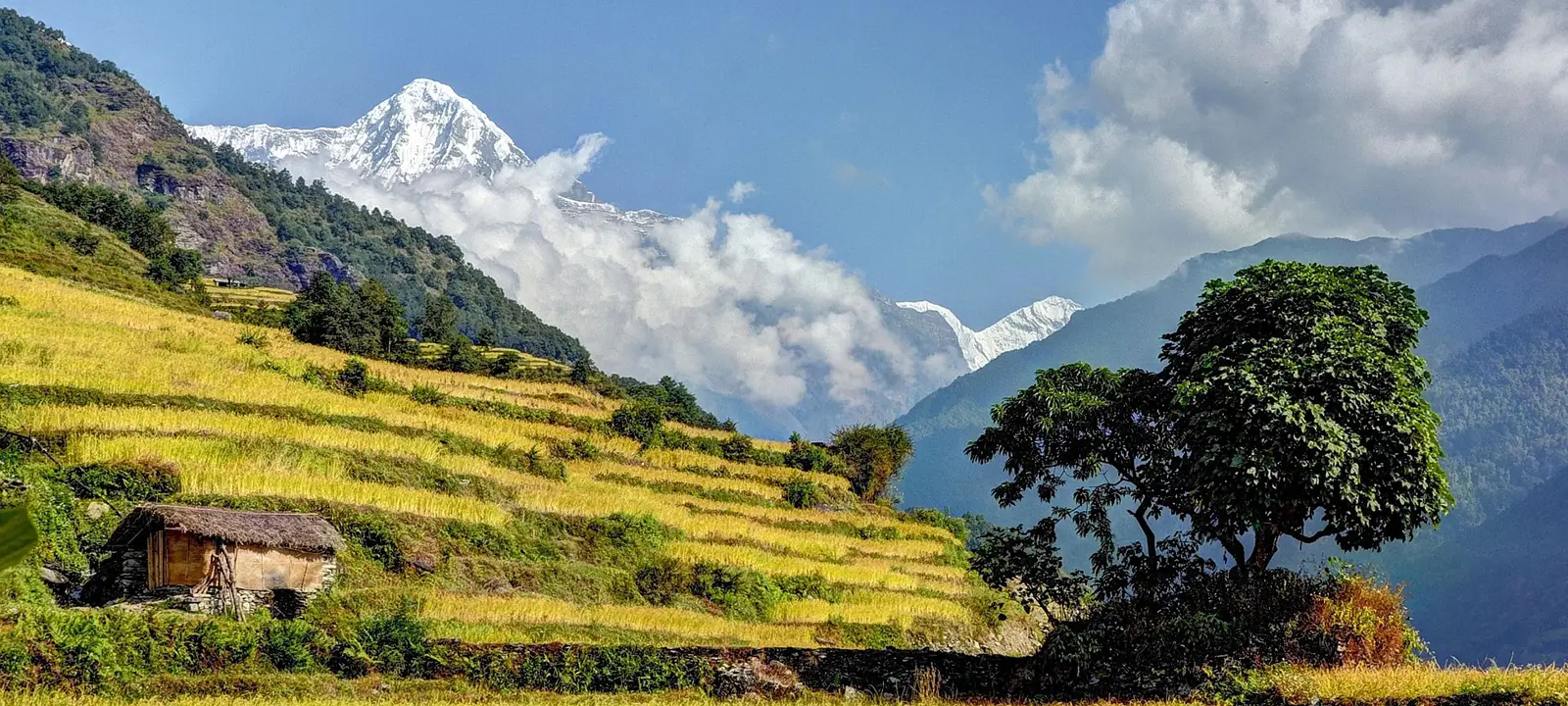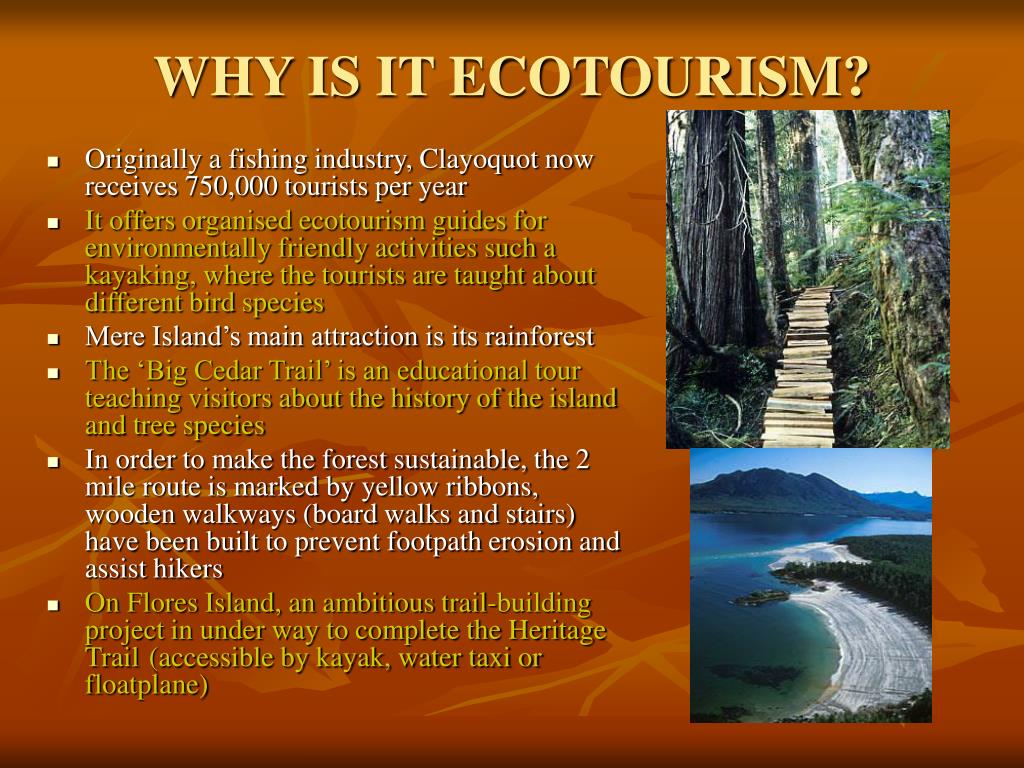Ecotourism in Bhutan: Discover Sustainable Adventures

Bhutan, a small kingdom nestled in the heart of the Eastern Himalayas, has garnered international acclaim for its unique approach to development through the philosophy of Gross National Happiness. Central to this philosophy is the concept of ecotourism, a travel approach that aims to preserve the natural environment, support local economies, and respect the cultural integrity of its destinations. This post will explore the magic of ecotourism in Bhutan, offering a guide to its sustainable adventures, traditions, and the harmonious balance between economic progress and environmental conservation.
The Essence of Ecotourism in Bhutan
Bhutan’s embrace of ecotourism isn’t just about promoting travel; it’s about crafting an experience that leaves a positive imprint on the land and its people. Here’s what makes Bhutan a leader in sustainable tourism:
- High-value, low-impact tourism: Bhutan carefully regulates the number of tourists to prevent overcrowding, thus ensuring the preservation of its natural and cultural heritage.
- Gross National Happiness: This innovative policy prioritizes the well-being of its citizens over mere economic gains, integrating environmental preservation into its core values.
- Biodiversity conservation: Over 70% of the country is forested, and Bhutan has committed to maintaining 60% forest cover for all time. It also boasts numerous parks and sanctuaries that protect endangered species.
Key Sites for Ecotourism
Bhutan is a haven for nature enthusiasts. Here are some of its prime ecotourism spots:
- Punakha Dzong: A majestic fortress monastery that stands at the confluence of two rivers, offering breathtaking views.
- Jigme Dorji National Park: Home to Snow Leopards, Red Pandas, and Takin, this park showcases Bhutan’s rich biodiversity.
- Paro Taktsang (Tiger’s Nest): Perhaps the most iconic site, this monastery clings to a cliffside, accessible by a hike that’s both challenging and spiritual.

Sustainable Adventures in Bhutan
Beyond its scenic beauty, Bhutan offers numerous activities that align with sustainable tourism practices:
- Hiking and Trekking: With trails like the Druk Path or the Snowman Trek, visitors can immerse themselves in nature, respecting the environment through established paths and minimal waste policies.
- Bird Watching: Bhutan is a paradise for birdwatchers with over 770 species recorded, including the rare Black-necked Crane. Tours are designed to have minimal impact on habitats.
- River Rafting: Experience Bhutan’s untouched wilderness from its rivers, with operators adhering to strict environmental guidelines.
Cultural Experiences
Engaging with Bhutan’s rich culture is an essential part of ecotourism:
- Homestays: Visitors can live with local families, learning about Bhutanese life, customs, and cuisine while contributing directly to their economy.
- Festivals: Bhutanese festivals, or Tshechus, are vibrant cultural showcases where tourists can witness masked dances, archery, and folklore, all while supporting local traditions.
Ecotourism Ethos in Bhutan
Bhutan’s tourism policy is not just about attracting visitors but about fostering a deep respect for nature and culture:
- Environmental Impact Assessments: Before any tourism development, thorough studies are conducted to minimize environmental harm.
- Community-based Tourism: Revenue from tourism is channeled back into local communities, ensuring that the benefits of tourism are widespread.
- Carbon Neutral Policies: Bhutan was the first country to become carbon negative, thanks to its extensive forest cover and emphasis on renewable energy.
Through these initiatives, Bhutan exemplifies how tourism can be both beneficial and sustainable, fostering a cycle of ecological balance and cultural enrichment.
Important Steps for Travelers
- Choose Responsible Operators: Look for tour operators that are certified by Bhutan’s Department of Tourism for their sustainable practices.
- Respect Local Customs: Observe Bhutanese etiquette, dress code, and rituals to show respect to the culture.
- Pack Light: Carry only what you need to reduce waste, and use eco-friendly products.
🌱 Note: Remember, your ecotourism journey in Bhutan should leave a minimal footprint; bring reusable water bottles, biodegradable toiletries, and practice the 'leave no trace' ethic.
In summary, Bhutan's commitment to ecotourism is a model for the world. It shows that adventure, culture, and conservation can coexist in harmony, creating an experience where travelers not only witness the beauty of Bhutan but also become active participants in preserving its pristine environment and rich cultural heritage.
Is it expensive to travel to Bhutan?
+Yes, Bhutan has a high daily tourist tariff, which includes sustainable development fees, to ensure low-impact tourism. However, this tariff covers your accommodation, meals, transportation within Bhutan, and a professional guide, making it a comprehensive and value-driven travel experience.
Can I practice ecotourism without staying in a hotel?
+Absolutely, Bhutan encourages homestays where visitors can live with local families, providing direct economic benefits to the community and fostering cultural exchange while minimizing environmental impact.
Are there any restricted areas for tourists in Bhutan?
+Certain areas in Bhutan, especially those close to borders or military installations, are restricted. However, the vast majority of popular tourist destinations remain open for exploration, ensuring safety and security for all visitors.
What is the best time to visit Bhutan for ecotourism?
+Spring (March to May) and Autumn (September to November) are ideal for ecotourism in Bhutan due to moderate weather, clear skies, and the abundance of festivals and vibrant wildlife.
How can tourists contribute to conservation efforts in Bhutan?
+Tourists can contribute by respecting nature and local customs, participating in volunteer conservation programs, supporting local businesses, and adhering to the ‘leave no trace’ principle. Additionally, tourist fees directly fund Bhutan’s environmental initiatives.
Related Terms:
- Bhutan travel announcement
- bhutan tourism
- Related searches bhutan sustainable tours



